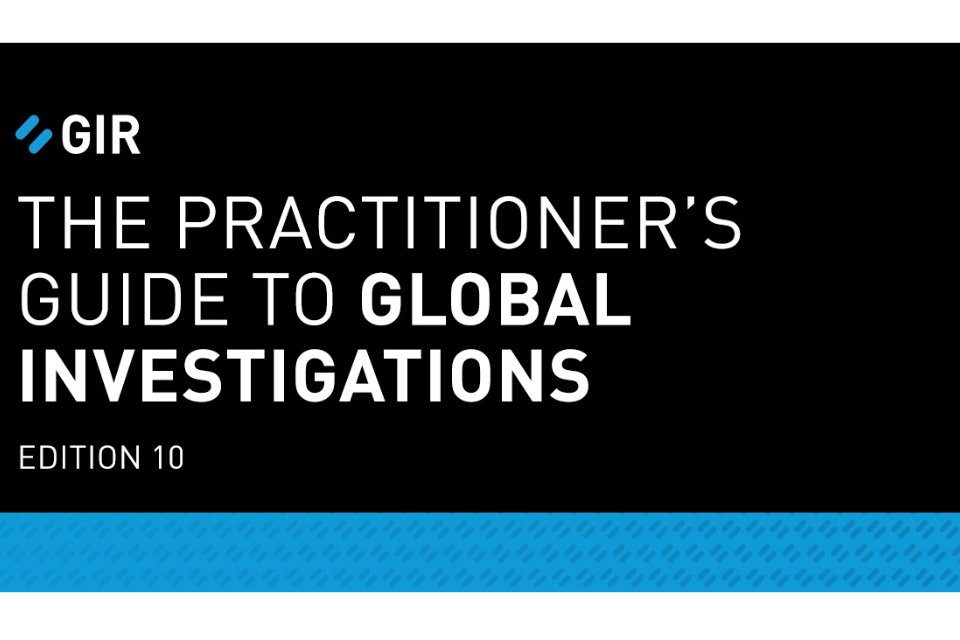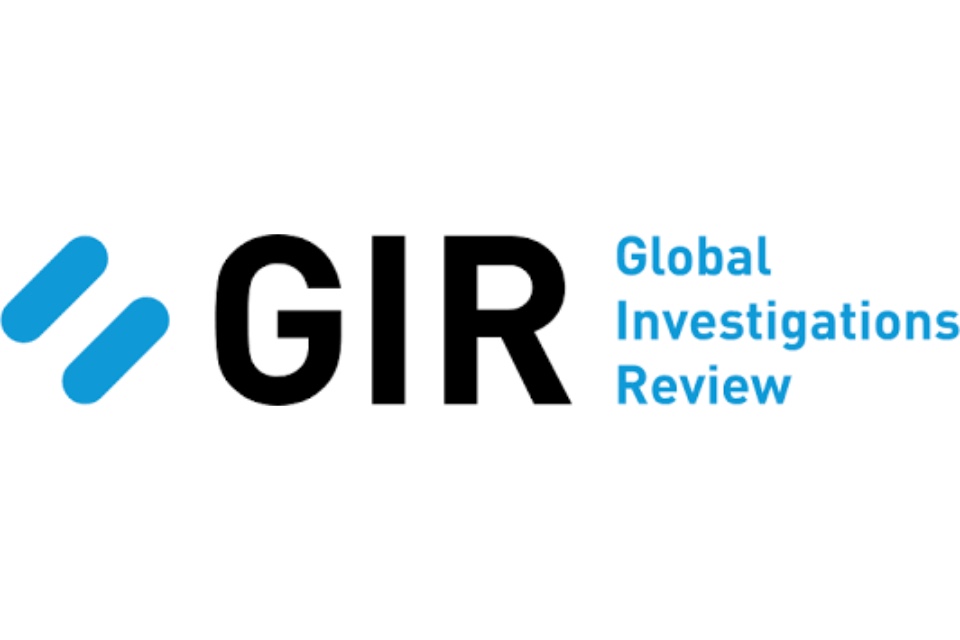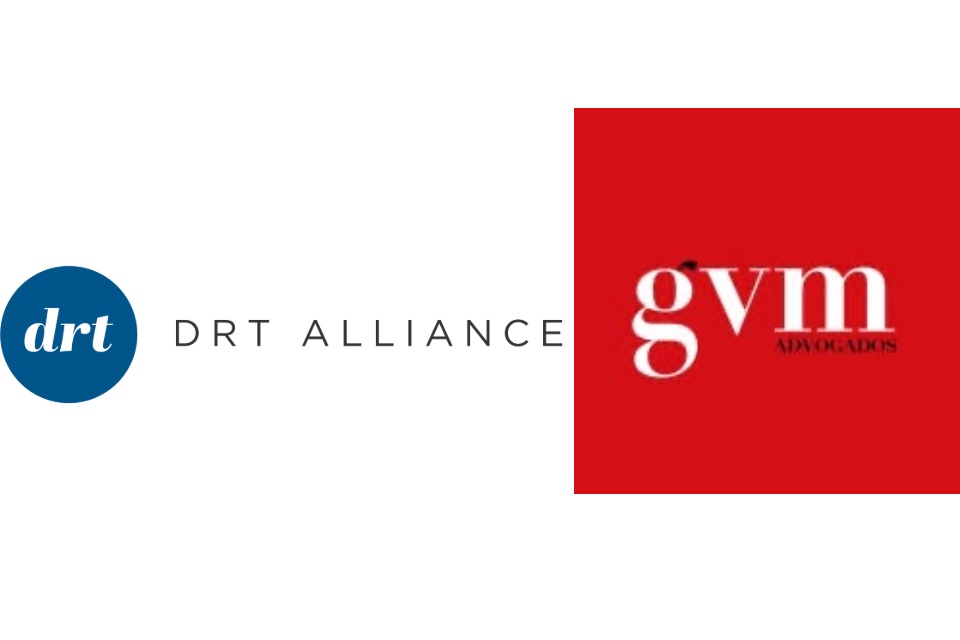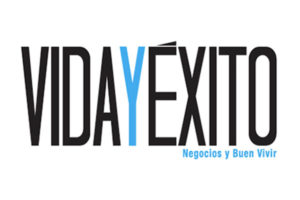For many, the beginning of the month is a benchmark to pay their bills. However, the coronavirus has flipped the world as we all know it upside down. Diaz Reus is here to assist our clients navigate the COVID-19 world as bills and other obligations become due.
Housing
Several mortgage lenders across the country are willing to work with borrowers who have been impacted by the coronavirus by deferring or reducing payments. The Department of Housing and Urban Development and some mortgage lenders like Freddie Mac and Fannie Mae have suspended all evictions and foreclosures, in addition to expanding their forbearance programs. Contact your mortgage lender immediately to learn more about your options.
Utilities
Some utility companies are allowing customers to make late payments without penalty and a growing number of utility companies have indicated that they will not shut down power of consumers who fail to pay their bills. Some states have expressly prohibited utility companies from disconnecting services during the pandemic. Check with your service provider to see what options are available in your area. Always keep in mind that keeping a good credit rating is important for the long haul. Determine whether a failure to pay your utility bill might result in a negative report to credit reporting agencies.
Health Insurance
As unemployment rates surge, many have not only lost their jobs, but their health insurance as well. Aside from COBRA, a fairly expensive option for insurance following a layoff, there are other options. A handful of states have reopened their health insurance exchanges in response to the Coronavirus crisis. Additionally, under the Affordance Care Act, 36 states and the District of Columbia expanded eligibility for low-income adults to receive Medicaid.
Stimulus Check
The federal government is providing a one-time payment to qualifying adults. Individual adults earning up to $75,000 in adjusted gross income and who have a social security number will receive a payment of $1,200. For couples who file jointly and have an adjusted gross income of under $150,000, they will receive a payment of $2,400. Individuals or couples making above these threshold amounts, may be eligible for a reduced payment. The federal government will use 2019 federal tax income filings or, if you have not filed for 2019, 2018 federal tax income filings to base each person or couple’s adjusted gross income.
Debt (credit cards and auto loans)
Credit card companies and loan servicers across the nation are working with borrowers impacted by the coronavirus. Some banks are offering interest waivers or deferrals, payment extensions, and payment plans. These options must be raised by the consumer directly with their lenders; the benefits will not be conferred automatically. Be sure to contact your lender directly to discuss your options.




































































































![Especial abogados Salón de la Fama[61] 4](https://diazreus.com/wp-content/uploads/2023/06/Especial-abogados-Salon-de-la-Fama61-4-1-pdf.jpg)



























































































































































































